If you’re prone to asthma attacks, you’re going to want to avoid these nine problematic foods.
Asthma is a common condition that involves sudden symptoms or attacks that lead to difficulty breathing, bronchial inflammation, and in severe cases, even blocked airways.
Asthma patients are often prescribed steroids in inhaler form to help open their airways during attacks. While this is excellent during emergencies, the long-term use of these steroids has unknown side effects, leading many people to look for natural solutions.
Fortunately, there are several ways you can manage asthma naturally. The first is to remove the common food triggers of asthma symptoms, while the second is to add in different foods and remedies to help reduce attacks and triggers. This is especially important, since food allergies or sensitivities can have symptoms that seem identical to asthma, making it hard to distinguish between the two.
In addition, research has shown an increased occurrence of food sensitivities and food allergy risk in those with asthma as compared to those without asthma, so avoiding these common “trigger” foods will help reduce the chances of both asthma and food sensitivity symptoms (1).
Read on to discover what you should and should not be eating to ease asthma symptoms.
9 Foods to Avoid if You Have Asthma
1. Cheese
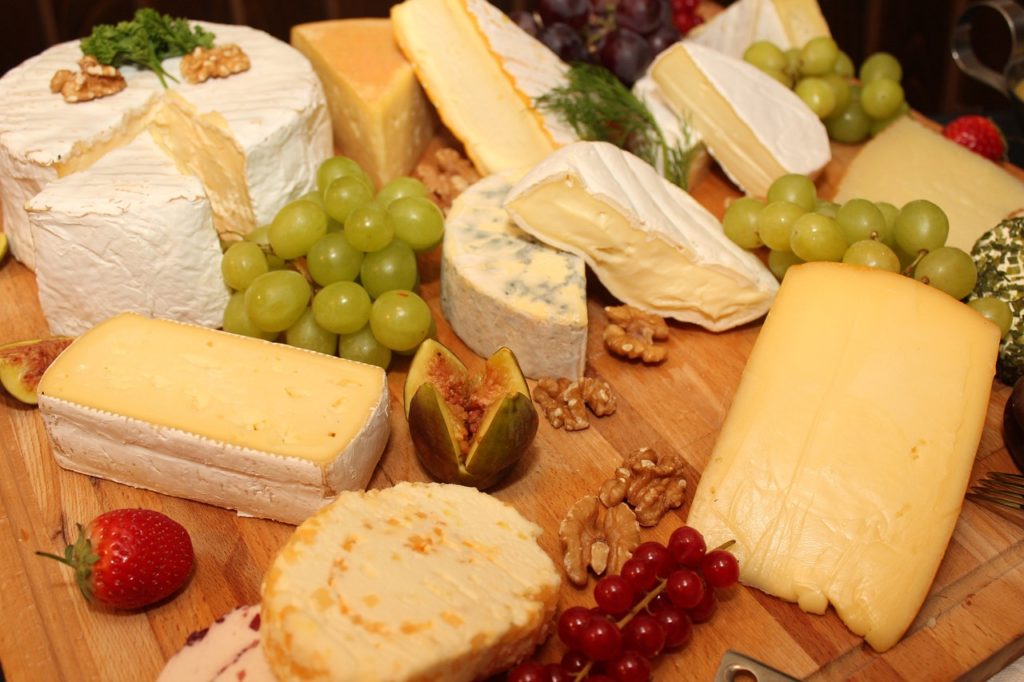
Cheese is a troublesome dairy product that has been linked to the development of asthma in several studies, and has also been shown to exacerbate symptoms (2). The reason for this could be either specific proteins in cheese that cause inflammation, like casein or whey, or an underlying sensitivity to molds.
2. Inflammatory Oils
If you find yourself eating out often at conventional restaurants, chances are you’re getting your fair share of rancid oils. These include vegetable oils like corn, soy, and cottonseed, which are used extensively in fast food and even many “upscale” restaurants. The problem with these oils is that due to their processing, they tend to be highly inflammatory (the last thing anyone with inflamed airways needs). Studies have shown that these oils, also referred to as polyunsaturated fatty acids, are associated with the development of many inflammatory diseases, including asthma (3).
3. Wine with Sulfites

Most commercial wines contain a class of preservatives called sulfites. These help extend shelf life and preserve the richness of a wine’s flavor profile. Unfortunately, sulfites have also been found to be a major contributor to sudden asthma attacks (4). If you’re going to indulge in a glass of wine, make sure you look for an organic, sulfite-free variety.
4. Dried Fruit
Dried fruit is another common food that is often riddled with sulfites (not to mention lots of extra sugar, too). If you’re going to consume dried fruit, look for an organic variety that does not contain sulfites or preservatives (5).
5. Eggs

Asthma symptoms such as wheezing, coughing, and inflammation can actually be caused or worsened by a food allergy, and egg sensitivity is at the top of the list when it comes to common food allergies. Studies have shown that asthmatic children who have gone on a milk and egg-free diet experienced improved lung function, so it might be worthwhile to experiment with eliminating eggs from your diet for a while (6).
6. Milk
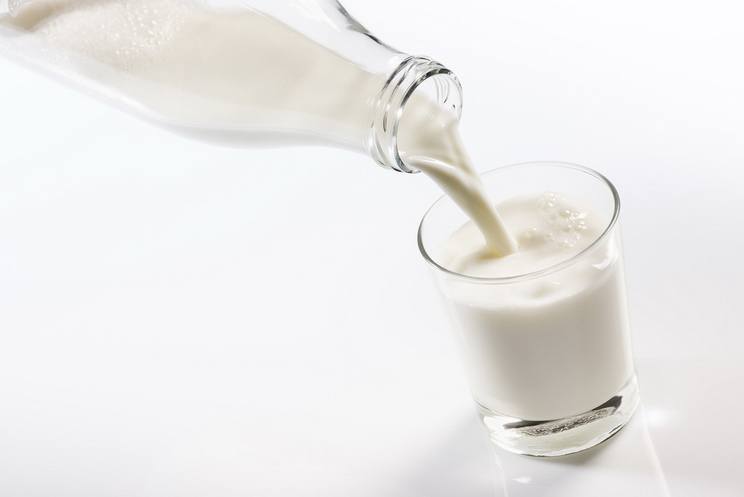
As mentioned above, milk is another extremely common allergy, especially in children. Considering the unpleasant compounds hiding in conventional milk, such as added hormones, steroids, and antibiotics, it makes sense to avoid milk altogether if you’re asthmatic (7).
7. Beer
Beer can be particularly aggravating to asthma sufferers, as it contains both sulfites and wheat. Both of these ingredients can trigger food sensitivities (such as a gluten sensitivity), which can result in inflammation. Studies have also shown that 33% of drinkers reported that alcoholic drinks (beer or otherwise) have triggered their asthma on at least two occasions (8).
8. Shellfish
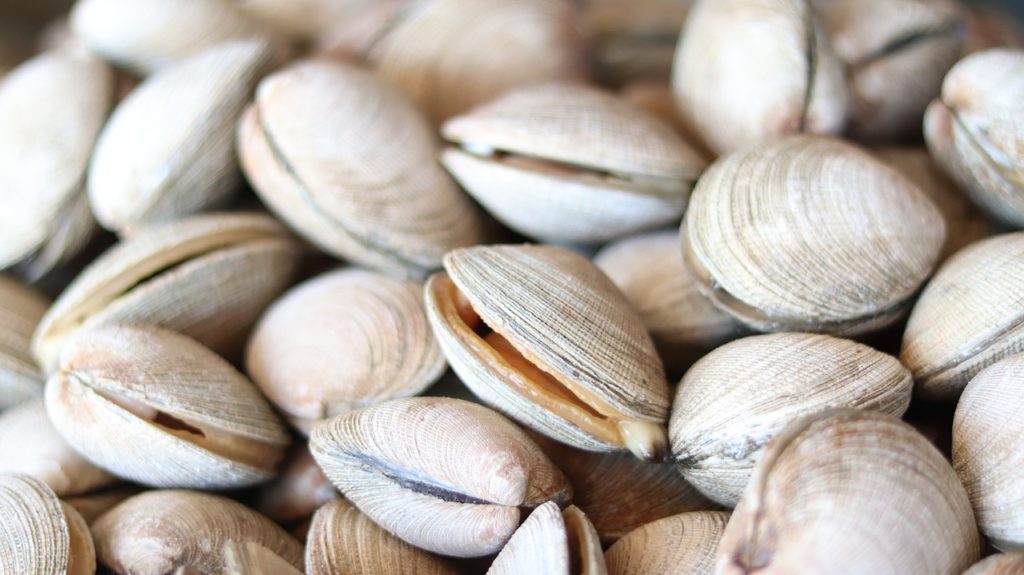
Shellfish allergy is another one that ranks high on the common food allergies list. Even coming into contact with shellfish particles in the air is sometimes enough to elicit a reaction in otherwise healthy people (9).
9. Wheat and Soy
Wheat and soy are two other ingredients you should watch for if you’re suffering from asthma. Studies have shown that people with celiac disease (those sensitive to a major protein found in wheat) are 60 percent more likely to have or develop asthma than those without (10).
5 Natural Remedies for Asthma
Now that we’ve covered the top foods you should avoid if you have asthma, let’s take a breather and discuss simple, natural remedies that can help ease your asthma symptoms. You’ll notice that many of these are foods as well; however, these foods contain potent anti-inflammatory fatty acids that can help ease asthma symptoms, instead of exacerbate them.
1. Omega-3 Rich Foods
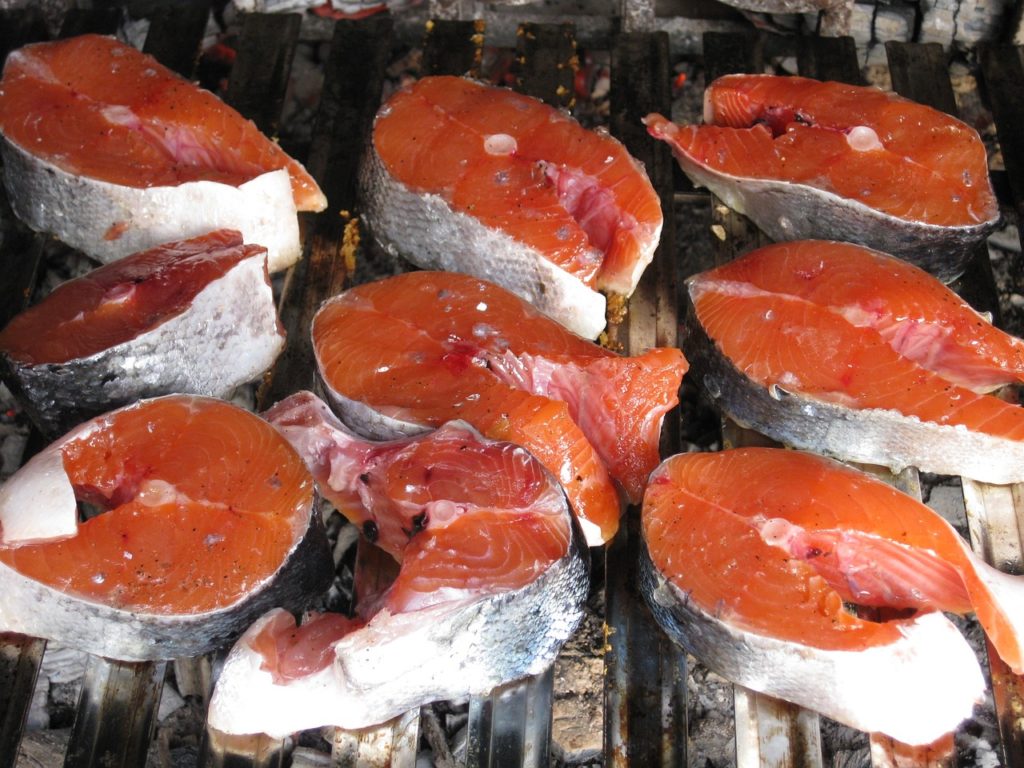
Omega-3 fatty acids found in wild-caught fatty fish such as salmon and sardines, as well as in some nuts and seeds, contain potent anti-inflammatory properties. Because asthma is an inflammation of the airways, omega-3s can help reduce the incidence of attacks (11).
Try to consume wild-caught fish several times a week, while also supplementing your diet with chia seeds, flax seeds, and walnuts.
2. Turmeric
Turmeric is a traditional Indian spice whose active ingredient, curcumin, has been shown in studies to improve airway obstruction in asthma patients. It is also highly anti-inflammatory, making it a soothing remedy you can take daily (12).
Look for a curcumin supplement standardized at 95 percent concentration of curcuminoids, and aim for 1 to 3 grams per day.
3. Ginger
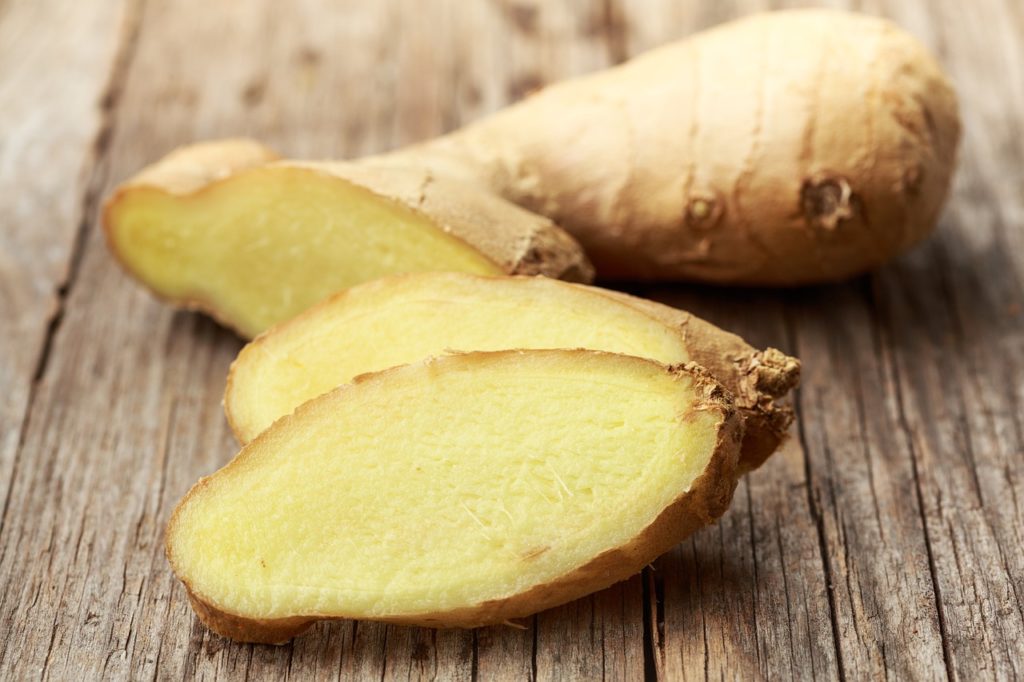
Ginger is another anti-inflammatory spice that has shown amazing promise as a natural asthma treatment. Studies show that ginger can help rapidly relax airways to help ease them open, while also reducing overall inflammation (13).
Add ginger to your diet by cooking with it or sipping on ginger tea. In addition, you can find ginger capsules at your local health food store.
4. Fruits and Vegetables
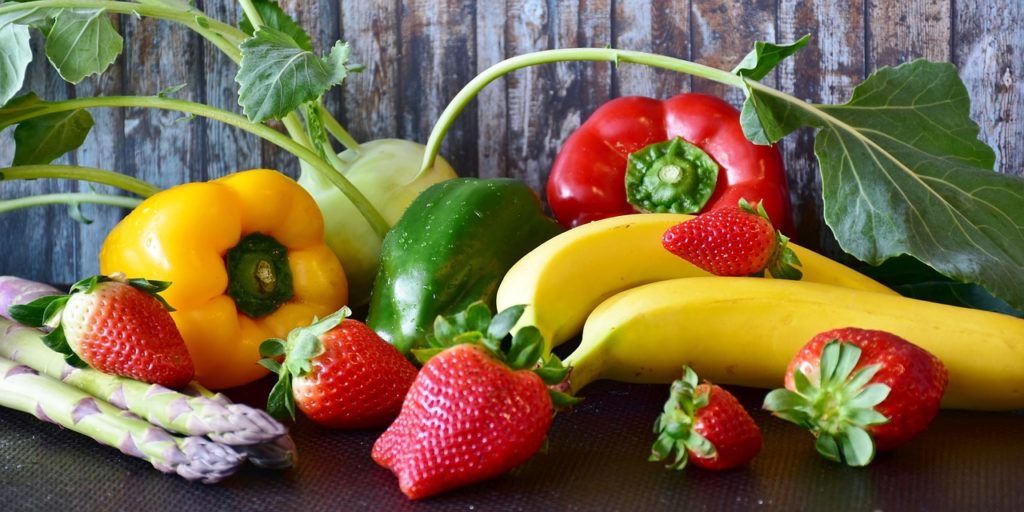
Colorful fruits and vegetables contain specific antioxidants and carotenoids that play huge roles in reducing inflammation and maintaining a healthy respiratory system. One study found that people who ate more carrots, tomatoes, and leafy greens had much lower rates of asthma, and also those prone to asthma had lower levels of carotenoids in their blood (14).
Up your intake of sweet potatoes, carrots, tomatoes, berries, leafy greens, and squashes to get the maximum amount of antioxidants to fight inflammation.
5. Magnesium-rich Foods

Magnesium is another mineral that has been found to help relax airways and reduce the severity of asthma attacks (15). Since our soils are becoming depleted of this important mineral, you may want to supplement your leafy greens, nuts, and root vegetables with dark chocolate.
As you can see, managing asthma doesn’t have to be overly complicated. Many people have reported completely managing their symptoms just through diet change alone, so going through this list and eliminating certain foods while adding others is definitely a worthwhile investment.
Source: https://blog.paleohacks.com/foods-to-avoid-for-asthma/

